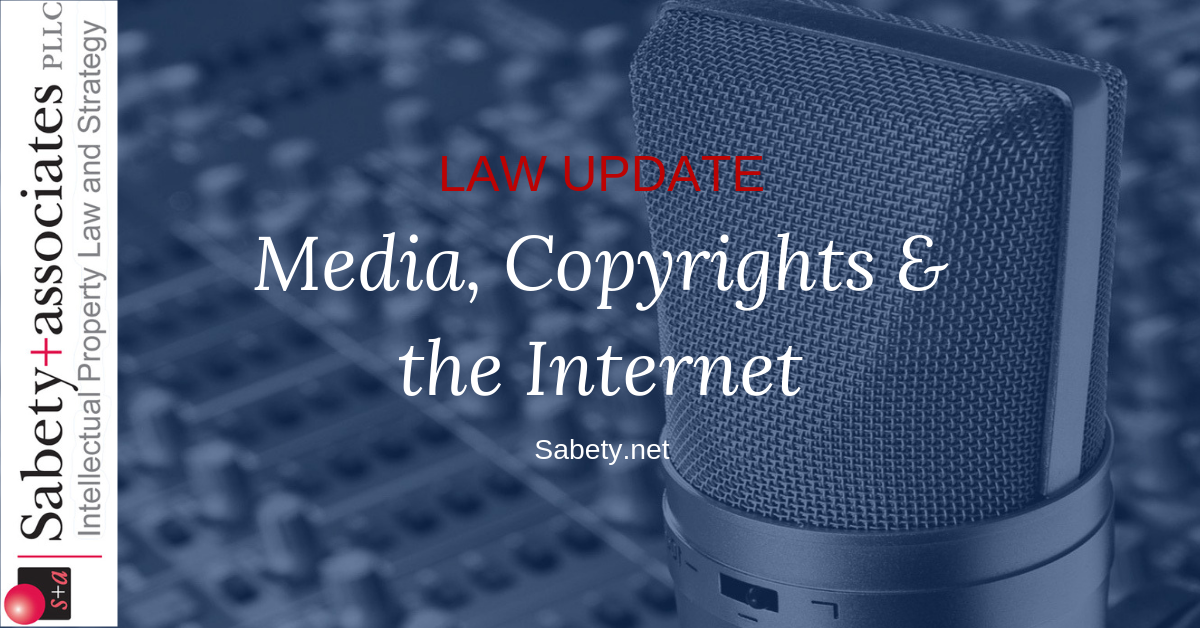Donald Trump’s Threat to China regarding “theft” of U.S. Intellectual Property May Be a Paper Tiger
August 15, 2017.
Donald Trump’s Threat to China regarding “theft” of U.S. Intellectual Property May Be a Paper Tiger. Following up on some campaign rhetoric (see our newsletter from November 2016) Trump appears to be referring to Chinese laws identified by the US GAO that “… appear to require foreign companies to transfer or license their IP rights to domestic Chinese entities in order to do business in China” and Chinese laws that contrary to any contract, establish as a matter of law that the Chinese licensee owns the IP in any improvements made to the licensed technology by the Chinese licensee. Is Trump’s threat a paper tiger? The blowback from this is that China may retaliate by soft-pedalling enforcement of US company intellectual property already subject to widespread piracy in China (e.g. movies, music and trademarked items). Given the value of Trump’s own trademark portfolio in China, there is a conflict of interest: perhaps Trump will value enforcement of his own brand more than the value of someone else’s patent rights in technologies developed in the U.S. Consider Intel’s IP, given that the CEO of Intel has departed from Trump’s advisory committee as a result of Trump’s wishy-washy response to neo-nazis marching in Charlottesville.
August 11, 2017
Senate proposes statute to require the U.S. Copyright Office to operate a public copyright ownership database. The purpose of the database would be to make public who owns what rights to which copyrighted works. The statute would require copyright owners to maintain accurate data in the database. Failure to do so would take away the right to obtain statutory damages for copyright infringement—effectively doing away with the remedy at all. The problem is, the statute as drafted requires “Each catalog number and each label name used on phonorecords [recordings] of the work made and distributed to the public.” Typically, songwriters do not have access to that information because it is held by the record labels that utilize compulsory licensing to release their records. It is not clear whether or not this proposed law is simply a cattle-prod to the copyright industry to independently operate such a database.
August 5, 2017
Sabety +associates, PLLC wins another patent litigation. In the case, Orostream v. Autotask Corp. and Workshare Technology, Inc., 2:17-cv-389-JRG (Ed Tx) the firm, representing the defendant Workshare, won from plaintiff a stipulated dismissal of their patent infringement allegations with prejudice. The dismissal was submitted before Workshare filed an answer or responded to any discovery requests. Earlier, other of Orostream’s patent claims from the same patent family were found un-patentable subject matter. Faced with Workshare’s notice of a Rule 11 motion for sanction based on collateral estoppel and a defective complaint, Orostream decided to drop their case with prejudice.

